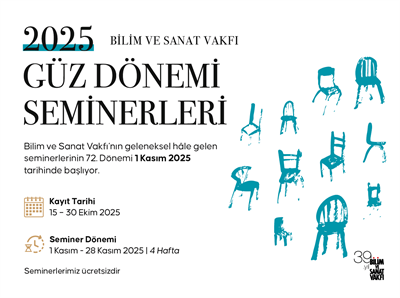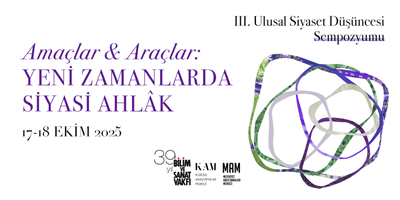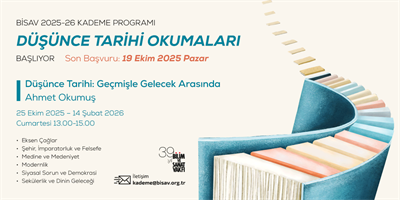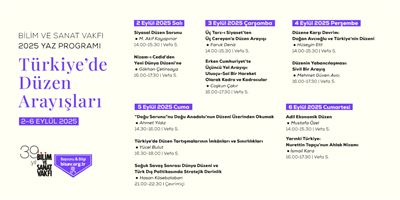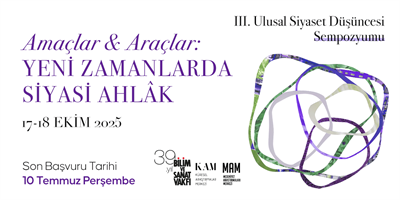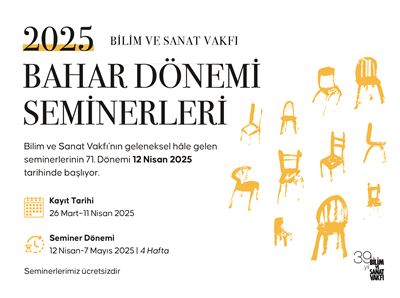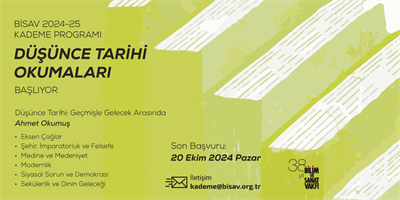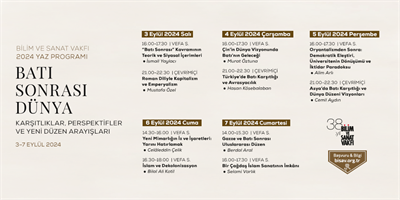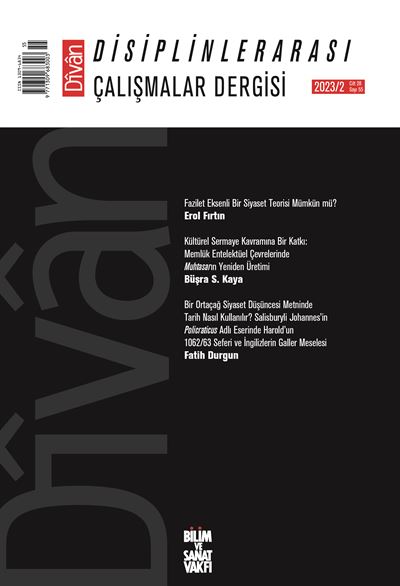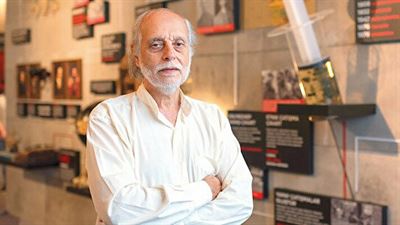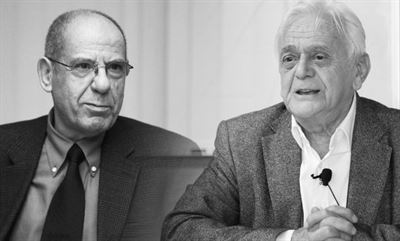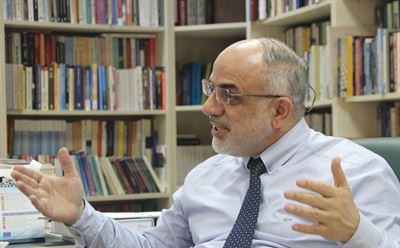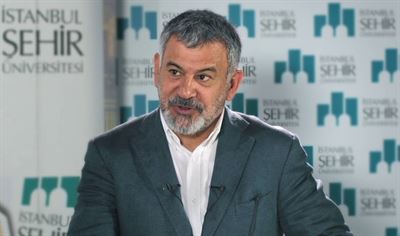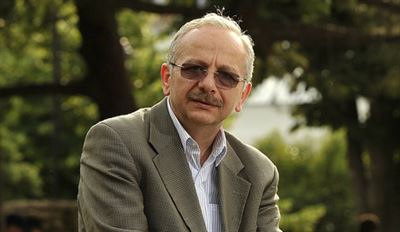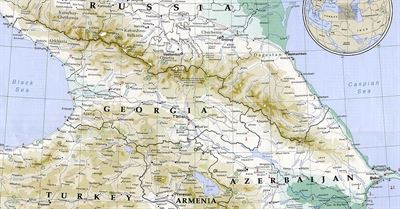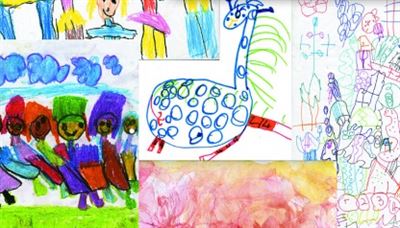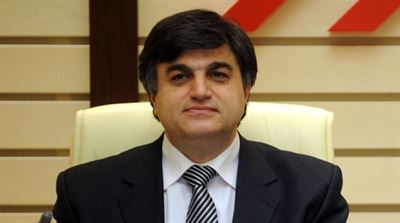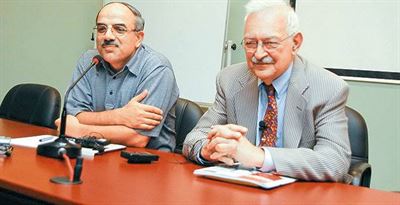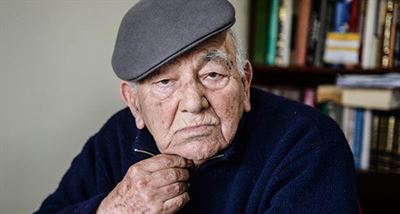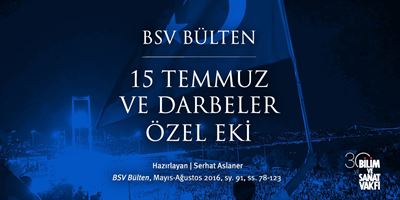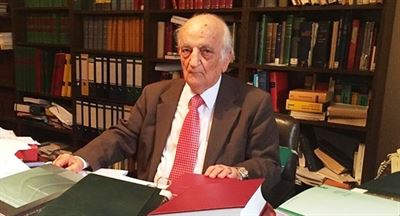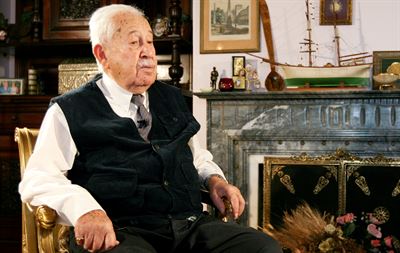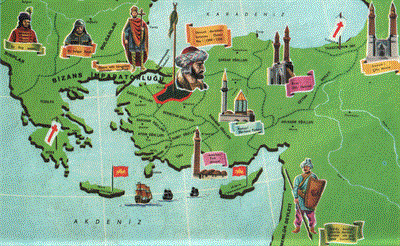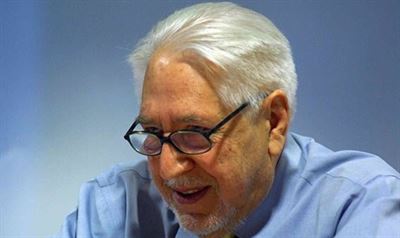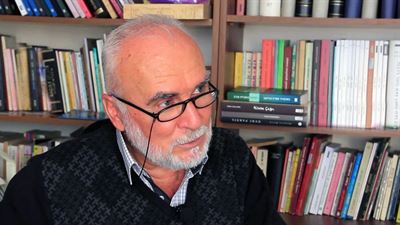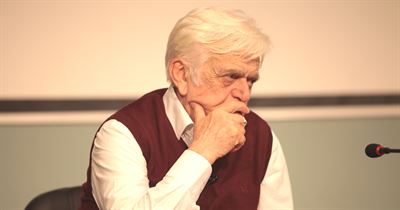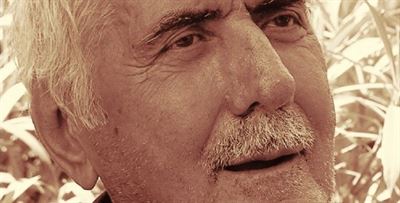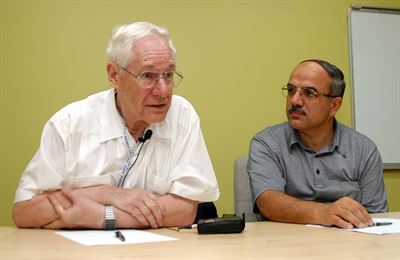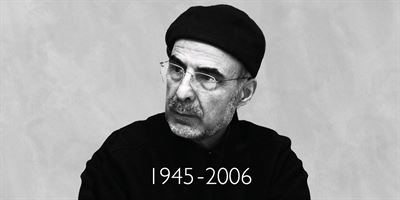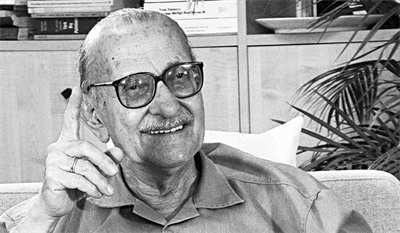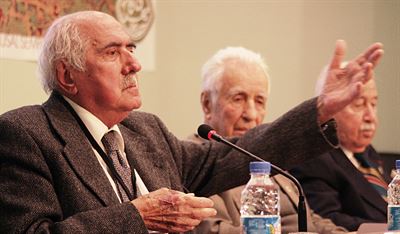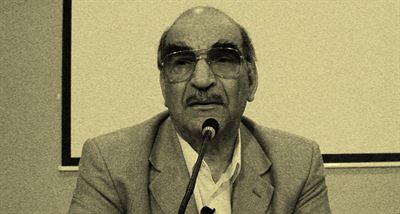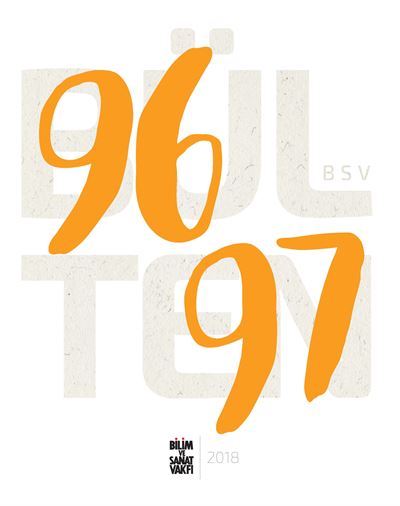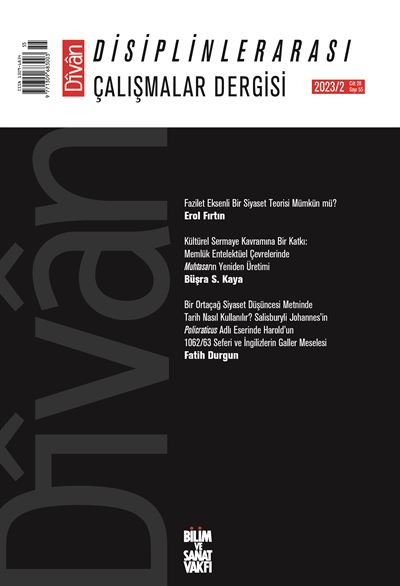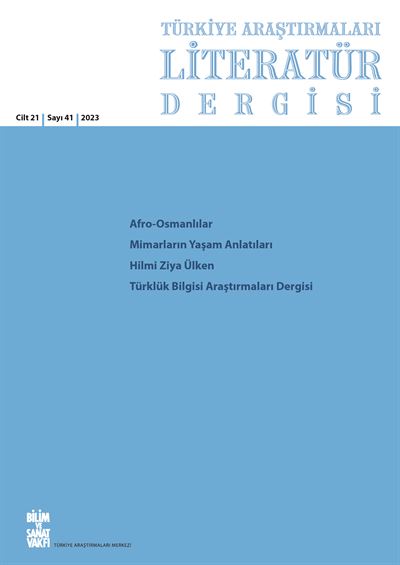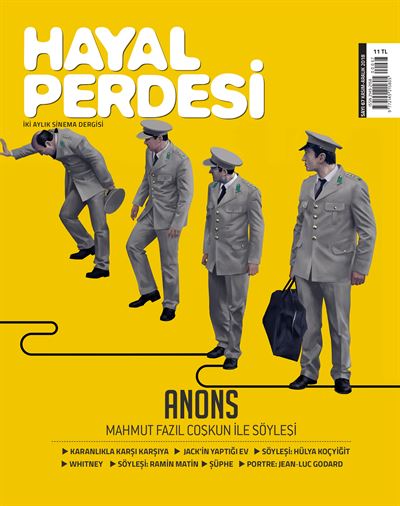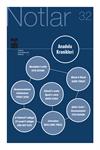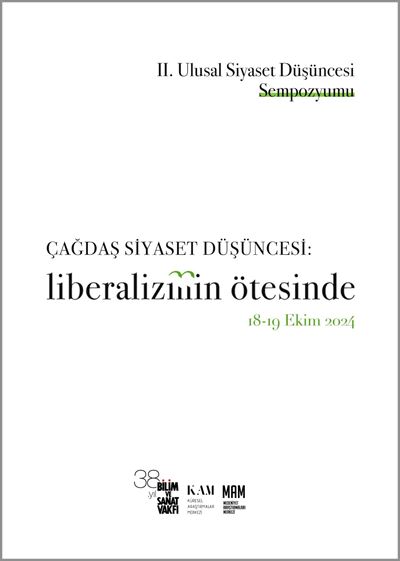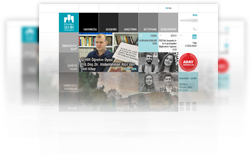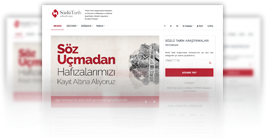
- HOME PAGE
- RESEARCH CENTERS
- TAM
- Everday Life, Status Groups and the Sayfiye Culture in Kadıköy During the Second Constitunional Period
TAM ROUNDTABLE MEETINGS
Everday Life, Status Groups and the Sayfiye Culture in Kadıköy During the Second Constitunional Period
Havva Yılmaz
Thursday, September 27, 2018 5:00 PM Salon: ŞAKİR KOCABAŞ SALONU
On September 27th 2018, Center for Turkish Studies will host Havva Yılmaz* under the discussions theses-articles. Yılmaz will deliver a speech about “Everday Life, Status Groups and the Sayfiye Culture in Kadıköy During the Second Constitunional Period” based on his thesis.**
“Kadıköy and sayfiye culture are two prominent themes that can be examined to
explain and elucidate the meaning of social change in late Ottoman society. The
transformational process from a grand and cosmopolitian empire to a modern
nation state certainly encompasses a long and tumultuous period of time. However,
it may be said that the most critical phase of this process was realized at the outset
of twentieth century in the sense of social change, and due to the importance of
Istanbul as the capital city, that is, as both transporter and witness of this change
process. As for Kadıköy, it was a developing suburb district of Istanbul at that time.
But with the advent of the second half of the nineteenth century, and with the
commencement of ferry service (1850), and the building of the Haydarpaşa‐İzmit
railway (1873), the structure of the city started to change, and in so doing, turned a
favorite sayfiye place from a humble village, to a thriving hub. While this
transformation was of interest to Ottoman courtiers and bureaucrats, Levantines,
foreign merchants, and diplomats on the one side; it also involved Jews, Greeks,
those who escaped from the Kuzguncuk fire, Crimean War migrants, and transient
workers. In this sense, Kadıköy achieves a unique blend of being a tranquil
settlement distanced from the luxurious living of Boğaziçi, and, yet takes a special
place amongst pioneers of social change by internalizing new cultural components
on a ground of social control to a lesser degree. In this study, the change that the
Kadikoy district, experienced as both actor and witness within this period, will be
elaborated by means of various memoirs.”
* The speech will be conducted in Turkish.
**MA Thesis, Istanbul Sehir University, 2017
İLGİLİ YUVARLAKMASALAR
SEMINARS

As the most traditonal activity of BISAV, the courses take place in every fall and spring of a year.
MORE INFO
